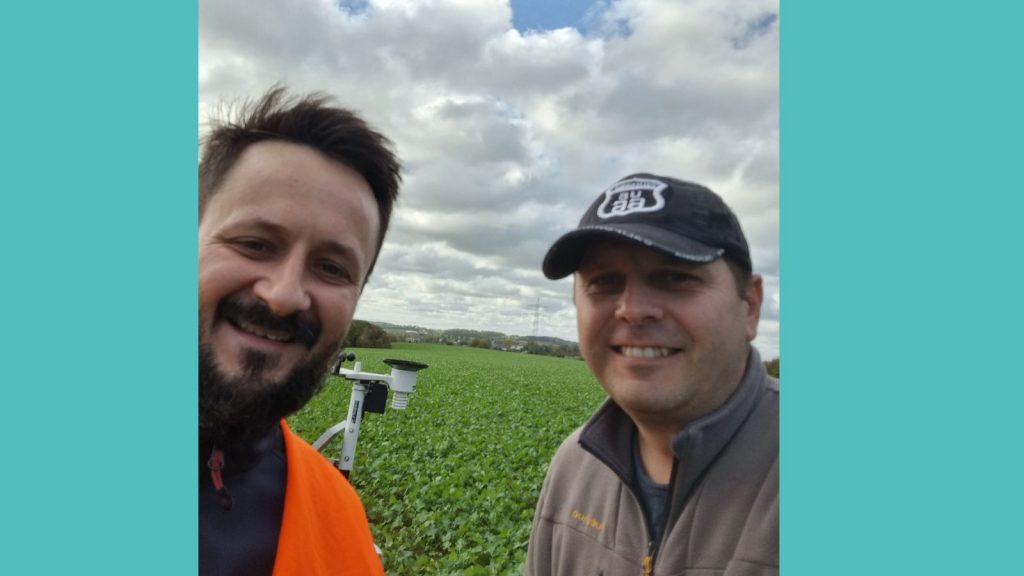
The HEMS (Herbicide Efficacy Analytic System for Sustainable Weed Control) project was one of the five successful pilots chosen to join the DEMETER project as part of Open Call #2 DEPLOY.
The HEMS project aims to empower farmers by providing them insights for a more sustainable and responsible use of herbicides, The project aims to digitalise relevant part of the weed control process, from crop establishment to harvest, by combining affordable IoT devices and network infrastructure and tailored edge and Artificial Intelligence (AI) technologies. HEMS supports farmers collecting herbicide-related relevant data in the field (before, during and after spraying) and extrapolating useful insights from it, to differentiate between adverse environmental conditions (be it soil, humidity, or temperature), and actual herbicide resistance of the target weed. HEMS proposes an accurate, low-cost, and easy to deploy solution, based on Internet of Things (IoT) technology.
We spoke with Catalin Chitu from Frontier Connect SARL about his work on the HEMS project, and digital technology adoption in farming.
Frontier Connect SARL is developing end2end IoT solutions for smart agriculture, smart gardening, and smart cities, starting with device electronical design of sensors and ending with service intelligence.
How did you get involved in the DEMETER project?
We have been developing edge-computing devices, simple to install and use and with the aim to help farmers with their crop protection issues. We were looking for a partner to help us with models and intelligence approach, to help on large deployments.
What changes have you seen in farming in the last decade?
Climate change and crop protection are the biggest changes, and here I would say the variety of products push farmers to make costs-based decisions, as opposed to soil & crop sustainability.
What are farmers’ biggest concerns when adopting digital technologies?
I would say technical usage and costs are the biggest concerns. Farmers are focusing on their crop management, having limited knowledge of digital techs. Digital tech should come as an assistant/advisor to them, not a stressful factor to handle and use.
What advice would you give other farmers considering adopting technologies on their farms?
The advice that we give to the farmer is that in the past the crops issues were simple to deal with. With the new climate change, plant, diseases and pest resistance they need to be proactive and take corrective measures to protect their crop. This cannot be done anymore in an empiric way as was done years ago.
Learn more about the HEMS project.


